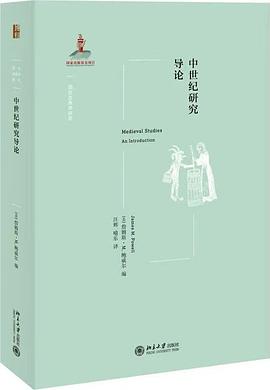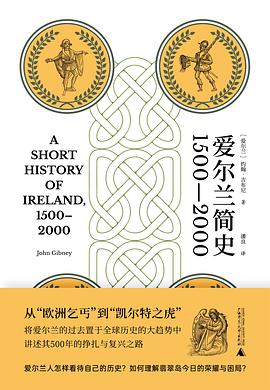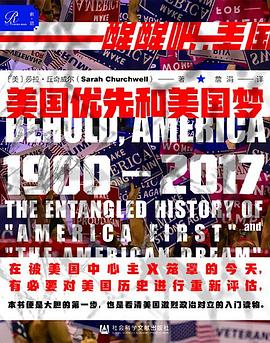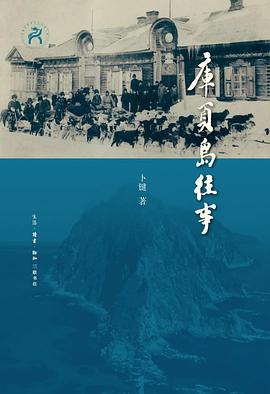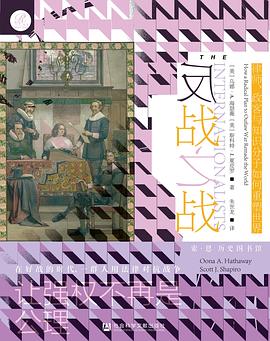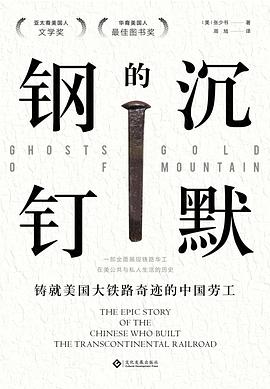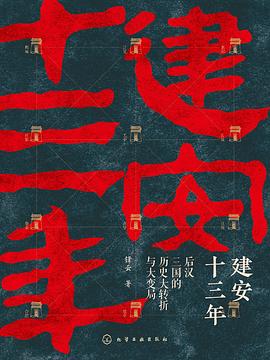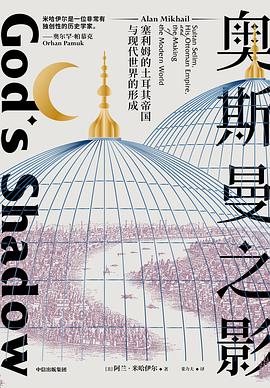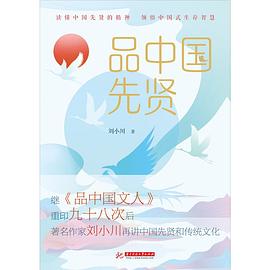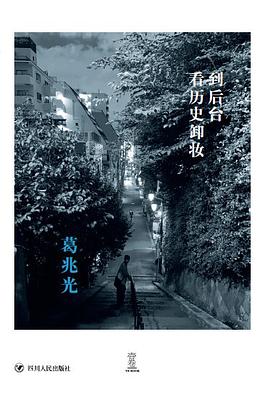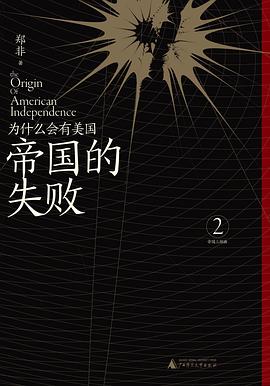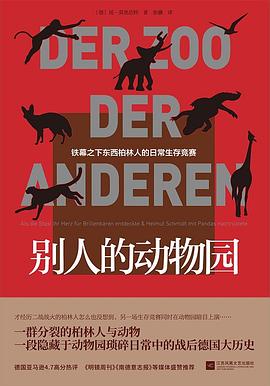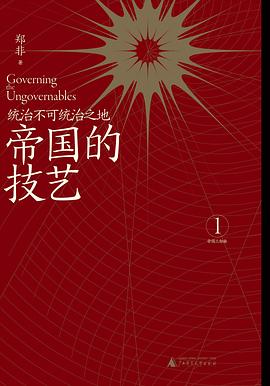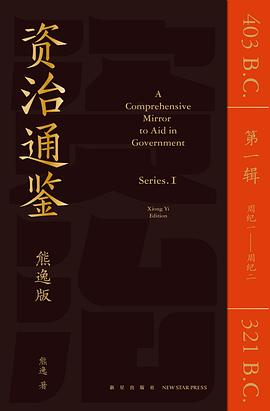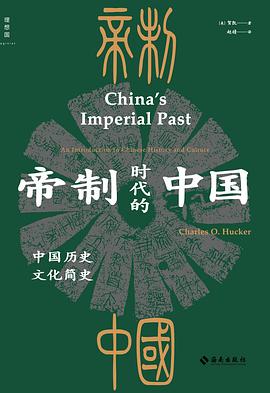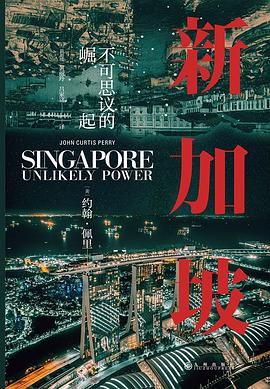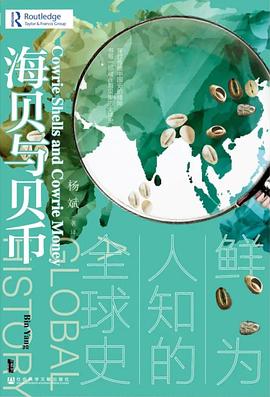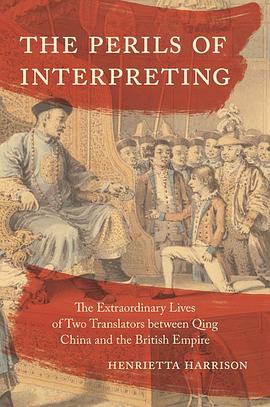

具体描述
Henrietta Harrison is professor of modern Chinese studies at the University of Oxford and the Stanley Ho Tutorial Fellow in Chinese History at Pembroke College. Her books include The Man Awakened from Dreams and The Missionary’s Curse and Other Tales from a Chinese Catholic Village. She lives in Oxford, England.
The 1793 British embassy to China, which led to Lord George Macartney’s fraught encounter with the Qianlong emperor, has often been viewed as a clash of cultures fueled by the East’s disinterest in the West. In The Perils of Interpreting, Henrietta Harrison presents a more nuanced picture, ingeniously shifting the historical lens to focus on Macartney’s two interpreters at that meeting—Li Zibiao and George Thomas Staunton. Who were these two men? How did they intervene in the exchanges that they mediated? And what did these exchanges mean for them? From Galway to Chengde, and from political intrigues to personal encounters, Harrison reassesses a pivotal moment in British-China relations. She shows that there were Chinese who were familiar with the West, but growing tensions endangered those who embraced both cultures and would eventually culminate in the Opium Wars.
Harrison demonstrates that the Qing court’s ignorance about the British did not simply happen, but was manufactured through the repression of cultural go-betweens like Li and Staunton. She traces Li’s influence as Macartney’s interpreter, the pressures Li faced in China as a result, and his later years in hiding. Staunton interpreted successfully for the British East India Company in Canton, but as Chinese anger grew against British imperial expansion in South Asia, he was compelled to flee to England. Harrison contends that in silencing expert voices, the Qing court missed an opportunity to gain insights that might have prevented a losing conflict with Britain.
Uncovering the lives of two overlooked figures, The Perils of Interpreting offers a valuable argument for cross-cultural understanding in a better-connected world.
用户评价
##我可以
评分 评分 评分##“以小见大”的微观史作品,主角是早已成为历史注脚的两位译者。作者从史料中回溯了小斯当东和李自标的一生,从两位译者的角度分析了当时中英两国的文化碰撞。前者因怕遭迫害而离开中国,从此以后再也没有来过中国,后者则在东躲西藏中度完余生。翻译并不是一件容易的事,尤其是在两国外交之时,译者首当其冲,两头不讨好,稍有不慎便会酿成不可挽回的后果,他们的选择甚至可以影响两个国家的关系。但译者又是极易被忽视的群体。即使是在今日,李和小斯当东的经历也极为不平凡,而两人之间的跨越山海的友谊则证明:只要我们认真倾听、共情和了解彼此,我们就能一起创建互相连接、和平对话的世界。
评分 评分##应当是掌握了相当多的一手史料
评分##我可以
评分##译者=背叛的历史渊源,在關詩珮的书里有所领略。作者所谓的「危险」,主要和译者掌握的域外知识有关;而轻视贬低文献以外的口头知识(包括口译),间接导致当权者无知蒙昧,埋下了悲剧的种子。一种抹平差异、倾向调和的翻译范式(李自标、斯当东)逐渐被强调文明等级的典范取代。叙事流畅,部分英文断句有小错,前半部勾勒十八世纪欧亚天主教往来,英国上流社会的教育,很新奇。李自始至终的动力源自虔诚,翻译夹带「私货」险酿大祸,后半生东躲西藏令人动容。斯当东在仕途上郁郁不得志,被视为chinoiserie奇观的一部分,似是区域研究学者从政的某种写照。
评分##沈艾娣对于翻译的看法让我很受震动,她的人文关怀也很让我感动。缺点就是叙事有点琐碎吧,尤其是马嘎尔尼使团那一段看得挺痛苦的。对翻译史是越来越感兴趣啦,作者能把一个小题目做得这么大真的超厉害!接下来要抓紧去看看关诗珮那本书啦~
相关图书
本站所有内容均为互联网搜索引擎提供的公开搜索信息,本站不存储任何数据与内容,任何内容与数据均与本站无关,如有需要请联系相关搜索引擎包括但不限于百度,google,bing,sogou 等
© 2025 book.qciss.net All Rights Reserved. 图书大百科 版权所有

